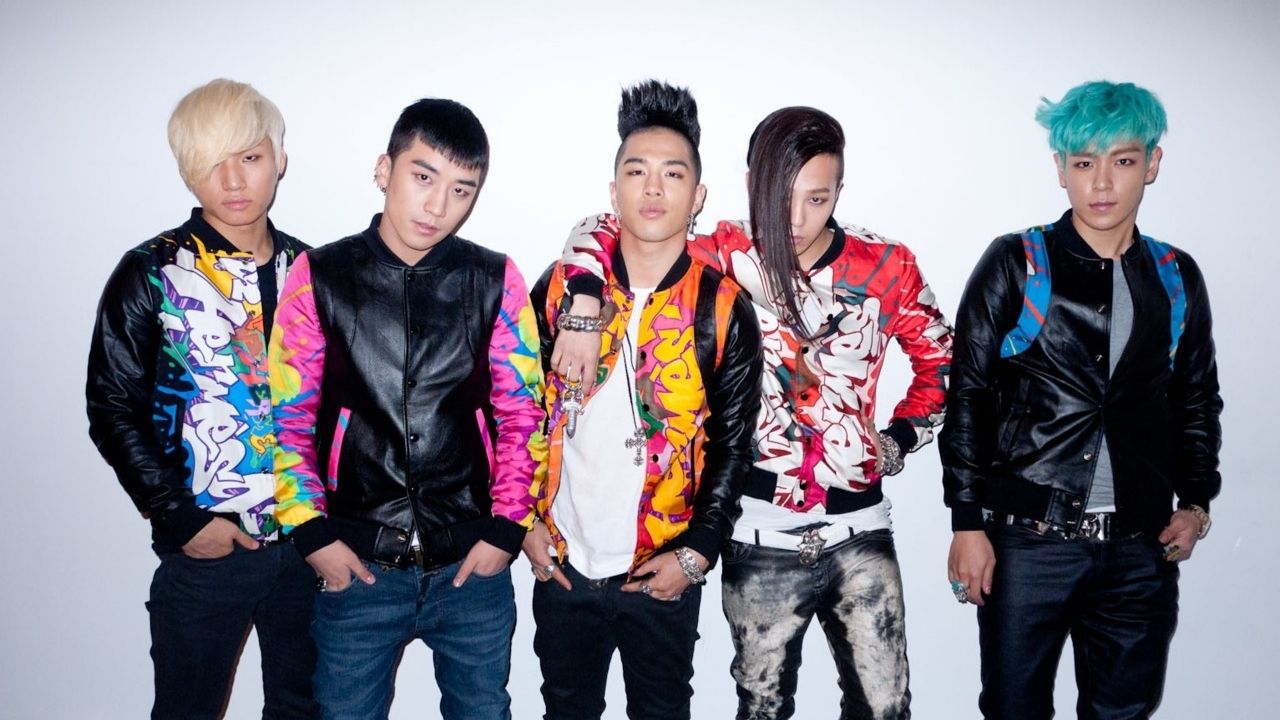5 Times K-Pop Made Cultural Appropriation a Trend

K-Pop currently stands as one of the biggest music industries in the world, second only to Western pop music. With its high budget music videos, meticulously curated style and unparalleled production, the industry rakes in more than a billion dollars every year.
And, while K-Pop has cemented its place in the music landscape, it is not immune to missteps every now and again. Unfortunately, over the past few years, these missteps have resulted in glaring instances of cultural appropriation.
In fact, just recently, mega star Sunmi received backlash for taking part in a video that seemingly “mocked Indian culture”. In light of the recent socio cultural movements taking place on a global level, the discourse has encouraged some stars and idols in Korea to own up to their mistakes or lack of awareness.
That being said, there are times that fans have been vocal about cultural appropriation, but see no change. Here is a rundown of some of the worst instances of cultural appropriation in K-Pop and their aftermath.
1. MAMAMOO
The four member K-Pop group, who are now at the peak of their careers, were caught up in a major scandal back in 2017. In a concert VCR that played out in front of thousands, MAMAMOO could be seen performing their own version of Bruno Mars’ ‘Uptown Funk’. However, in an attempt to “recreate” the star’s look, they dressed up in blackface, causing a major uproar.
Luckily for their fans, and for the group themselves (self awareness is never a bad thing), the members issued a statement of apology and promised to be more aware of the cultural connotations and implications their actions may have.
2. Sunmi
Late last evening, a Tik tok video uploaded by the K-Pop star, Sunmi’s, backup dancers began doing the rounds on Twitter. The video sees Sunmi, and her dancer friends dancing to the famous Punjabi track, ‘Tunak Tunak’. Fans immediately called out the dancers’ actions for mocking Indian dance and culture.
Sunmi was quick to acknowledge her part in the mistake and took to Twitter, apologising for her lack of understanding and sensitivity with the issue at hand.
3. BIGBANG
BIGBANG have had their fair share of scandals, especially with regards to cultural appropriation. However, one of their worst moments in that regard is the stylisation of G Dragon and Taeyang in the ‘Good Boy’ music video. G Dragon can be seen wearing neon dreadlocks.
While the same mistake has never been repeated, the K-Pop group has been under scrutiny for similar mistakes, since. Further, their company YG Entertainment never addressed the issue publicly.
4. (G)I-DLE
Rookie K-Pop group, (G)I-DLE, have received a fair amount of backlash for their repeated acts of cultural appropriation. And while some argue that the girls themselves aren’t in control of the sets, outfits and more, many have pointed out how concepts have been run past the members only to reach the same result.
One of their biggest missteps was the use of Arabic designs and patterns for their set design at a major award show performance. The group came under fire quickly, and real hard too.
5. BLACKPINK
In another unaware move made by a YG artist, mega girl group BLACKPINK, were recently called out for cultural appropriation. And unfortunately for them, this isn’t the first time.
In their most recent music video for ‘How You Like That’, fans spotted a Ganesha idol kept on the ground, in the background of the music video. The idol of Hindu worship being used as a mere prop in the music video is what set fans off.
In another vitriolic instance, Lisa was seen donning silver braids (a hairstyle that finds its roots in the black community) in the ‘Kill This Love’ music video.
Once again, fans called out YG Entertainment for their lack of sensitivity and awareness. And while the company was quick to edit out the Ganesha idol from the music video, they never addressed the issue of Lisa’s hairdo and its implications.
The Way Forward
While participants of K-Pop (intentionally or not) continue to make these major missteps, the voices calling out their lack of awareness have been growing stronger. And as long as the movement calls for proactive action and awareness, not cancellation, the K-Pop industry will continue to stand strong. But, just for future reference: an apology never hurt anybody, and neither did self-awareness.
By: Ahalya Narayanan








